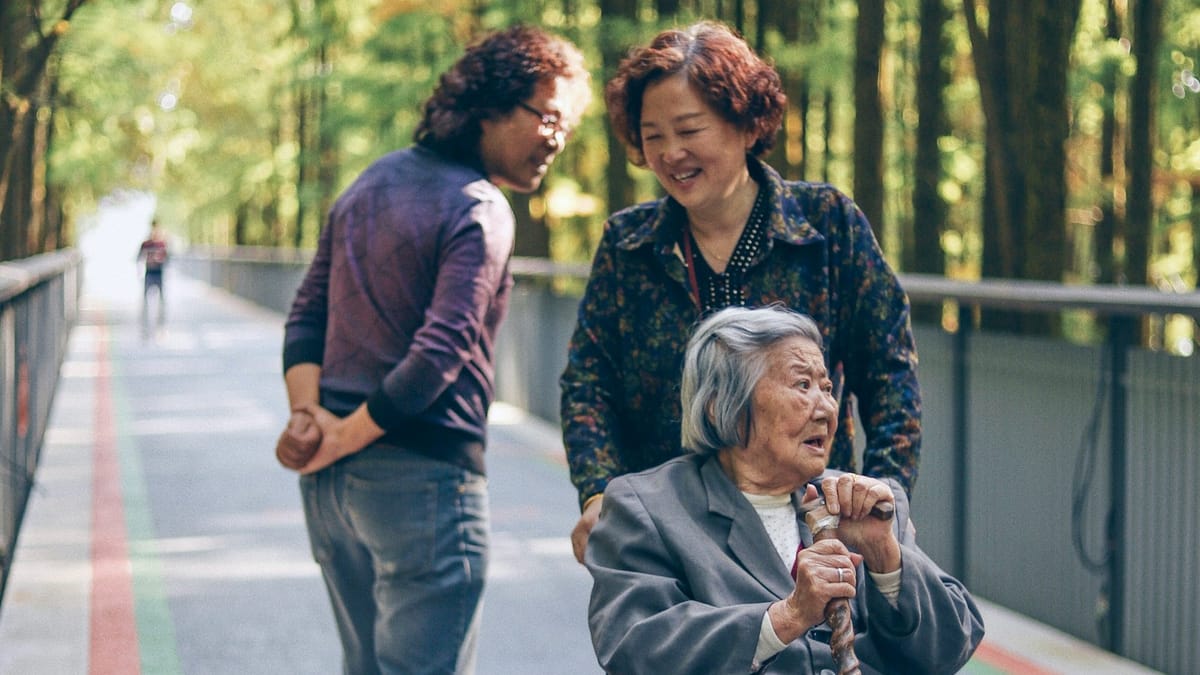Caring for Aging Parents at Home
Caring for aging parents at home can be challenging, especially if they are resistant to accepting outside help. Learn how to listen to and acknowledge your parents' fears, involve them in decision-making, and gradually introduce new forms of care.

Caring for aging parents within the confines of home can be a delicate and intricate endeavor. Yet, woven into this responsibility often lies the challenge of convincing them to embrace external help. The reluctance to explore available options can stem from a desire to maintain independence, a sense of apprehension, or even an innate resistance to change. In this exploration, we delve into the art of facilitating acceptance for outside support among aging parents, understanding their perspective, and fostering a harmonious transition.
Amidst this situation, there exists a multitude of community and private services tailored to aid seniors and adults with disabilities. However, these offerings are often met with skepticism, seen as an intrusion into their privacy. The loss of independence and the financial aspect often contribute to resistance. The idea of inviting strangers into their living space or even contemplating a shift to an assisted living community triggers a wave of denial and opposition. I recently witnessed a family member, who had just transitioned to assisted living, referring to her new environment as the "land of the dead," expressing her discomfort around fellow residents, despite being 86 years old.
Drawing from my experience, I offer several suggestions that have proven helpful in guiding families through such transitions:
1. Acknowledge and Validate Their Concerns: The initial step involves actively listening and empathizing with your family member's concerns. It's essential to understand and acknowledge their fears and reservations about accepting help.
2. Involvement in Decision-Making: Whenever possible, encourage your loved one to participate in selecting the in-home aide, adult day program, or residential facility. Empowering them with a voice in these choices can foster a sense of control and ease their apprehensions.
3. Gradual Introduction: Introduce the new support or service gradually. For instance, initiate the in-home health care aide's presence for a few hours each week, gradually increasing the hours as rapport develops.
4. Familiarization Visits: In cases of adult day care or senior center involvement, consider arranging visits to the program before full-time participation. Likewise, a short-term trial stay in an assisted living or nursing home can ease the transition by offering both respite for the caregiver and a taste of different care levels.
5. Physician Involvement: Enlisting the support of your loved one's primary care physician can be beneficial. Seniors often view doctors as authority figures, potentially making them more receptive to assistance suggested or "prescribed" by their doctor.
6. Preserving Dignity: Approach the subject by expressing that the changes are intended to alleviate your worries and ensure their well-being. Clarify that this decision stems from your concern for them, rather than any intention to abandon them.
7. Respecting Autonomy: Accepting that, as long as there are no cognitive impairments, your aging family member retains the right to make their own choices, even if those choices appear unfavorable. Embrace this truth, as forcing decisions can amplify the caregiving challenge.
Ultimately, the journey of encouraging aging parents to embrace external support encapsulates both empathy and strategic approaches. The intricate balance of preserving their autonomy while addressing their well-being requires a delicate touch. By acknowledging their fears, involving them in decision-making, and nurturing gradual adjustments, caregivers can embark on a path that not only respects their parents' wishes but also ensures their health and happiness. As caregivers, our role is not merely to guide but to understand, allowing our loved ones to age gracefully with the dignity they deserve.
You might also like this article:













